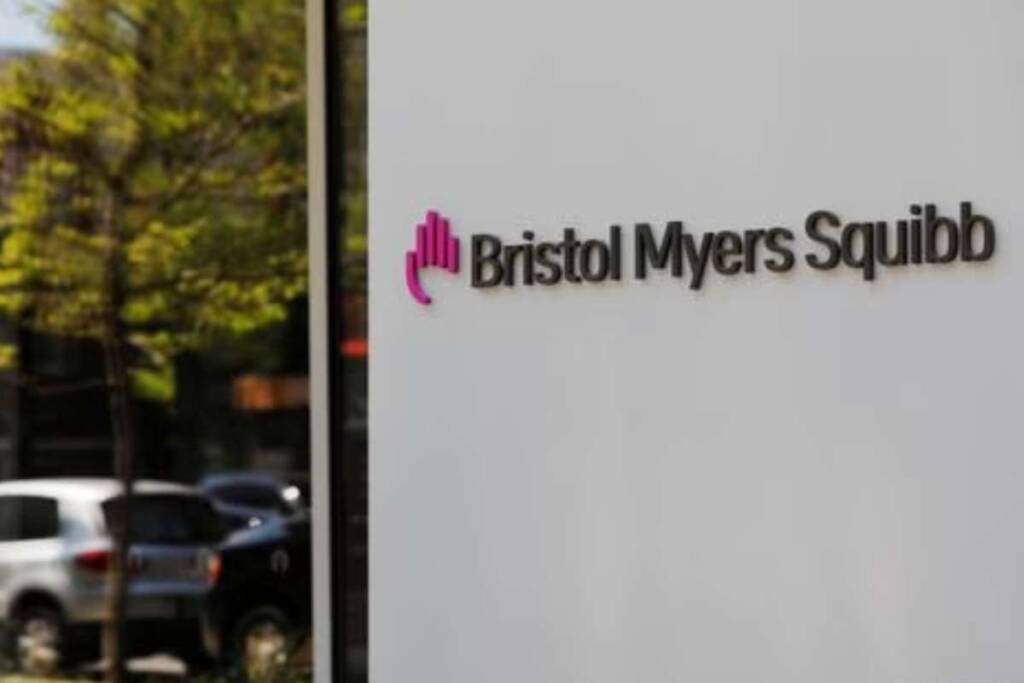In 2020, an unexpected manufacturing issue led to a ban on the import of Bristol Myers Squibb’s (BMS) Abraxane, distributed by BeiGene, in China. This incident triggered legal disputes between the companies, eventually leading them to terminate their three-drug partnership.
The licensing deal between BeiGene and Celgene, which was signed in 2017 before Celgene’s acquisition by Bristol Myers Squibb, was brought to an end through mutual agreement. In the original deal, Celgene essentially sold its China business, granting local rights to cancer drugs Revlimid, Abraxane, and Vidaza to BeiGene.
To settle the dispute, Bristol Myers Squibb will return nearly 23.3 million ordinary shares of BeiGene that Celgene had previously purchased. BeiGene will not incur any expenses for these shares. Based on current market value, the settlement is estimated to be worth around $340 million.
The conflict began in March 2020 when Chinese authorities discovered manufacturing problems at BMS’ contractor, Fresenius Kabi’s facility in Phoenix, resulting in an import and sale ban of Abraxane in China. This ban led to BeiGene’s disqualification from a national procurement program and a two-year ban on participating in the program, resulting in no Abraxane sales for the company since then.
In response to the sanction, BeiGene filed an arbitration case against BMS at the International Chamber of Commerce, accusing the US company of breaching their contract. BMS countered by issuing a notice to end the Abraxane collaboration in October 2021.
Both companies have now decided to resolve the feud by terminating the entire legacy Celgene deal, effective at the end of 2023. As part of the agreement, BeiGene is permitted to sell all inventory of Revlimid and Vidaza in China until the end of 2024.
Following the termination, BeiGene has shifted its focus away from Revlimid and Vidaza, which were instrumental in the company’s commercial success in 2017. Instead, its BTK inhibitor, Brukinsa, and PD-1 inhibitor, tislelizumab, have become the key growth drivers. Brukinsa earned $308 million in sales in the second quarter, up from $211 million in the first quarter, while tislelizumab, currently available only in China, recorded $150 million in sales in the second quarter, compared to $115 million in the first quarter.
In contrast, during the same three-month period, Revlimid contributed $21.8 million in sales, and Vidaza generated $3.9 million for BeiGene.
This termination comes at a crucial time as BeiGene and its partner, Novartis, are awaiting an FDA decision on tislelizumab’s approval in the U.S. PD-1 inhibitor market. The FDA recently completed a delayed manufacturing inspection in China, but the agency has yet to announce a new target decision date, according to BeiGene.
Amid these developments, BeiGene has been actively strengthening its manufacturing capabilities. This includes a flagship manufacturing and R&D facility being constructed in Hopewell, New Jersey, costing over $700 million, set to be ready next year. Additionally, the company is expanding its biologics facility in Guangzhou, China, and constructing a new small-molecule campus in Suzhou, China.





























